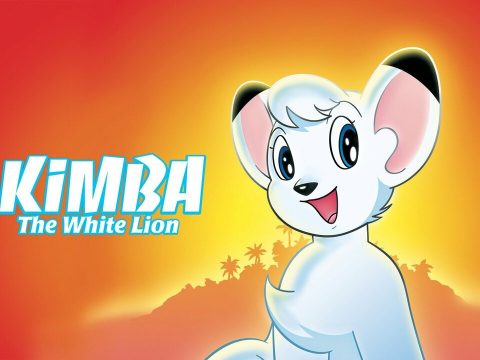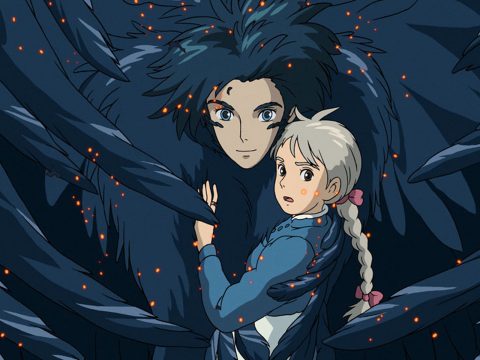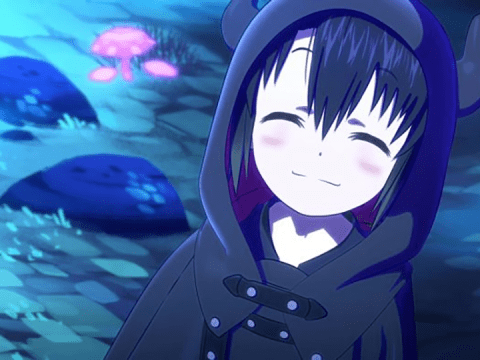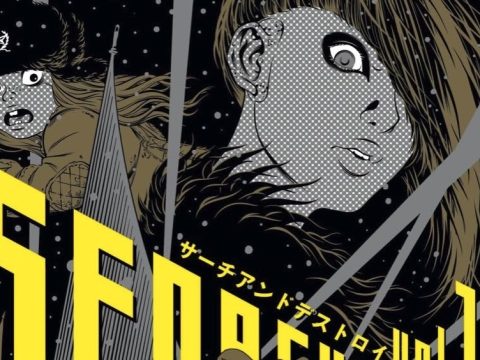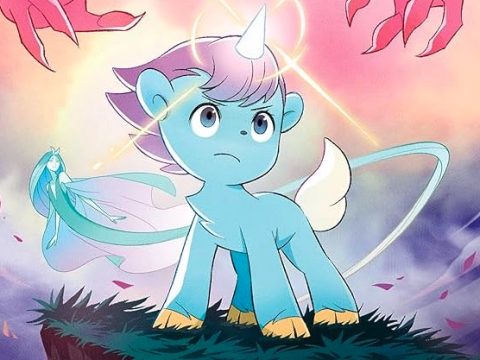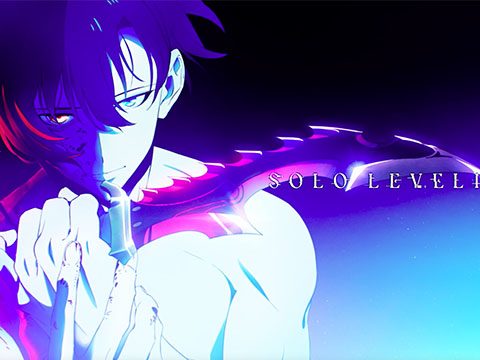I came back home—returning to the shimmering grasses of Louisville, KY that put New Jersey’s post-apocalyptic wasteland miserably to shame—for Memorial Day, and the first thing on my mind wasn’t simple mental relaxation. Rather, having just read the first volume of Naoki Urasawa’s Pluto, I was chomping at the bit to reread the story from which it’s derived, “The Greatest Robot on Earth.”
Osamu Tezuka’s celebrated Astro Boy tale, nearly spanning the entirety of the third volume by way of Dark Horse, is legend in its homeland. It follows the perfect storm of Pluto, a horned robot designed to be the strongest, and to prove it as such it must defeat the seven robots that stand above the rest in every department. One of those robots is Astro, naturally, and he has to contend with this beast, both against his overwhelming physical strength and his sympathetic nature with an underlying aversion to fighting.
Now, having read through the second volume of Pluto, as well, I can confidently say that Urasawa’s head-to-head engagement with Tezuka is the breathless, nail-biting draw that it should be.
Putting Inspector Gesicht (known as Gerhardt in the English adaptation of Astro Boy) in the lead role here is the first of many master strokes. There’s a cold yet human-like touch to his investigation, something that increases as the unraveling mystery begins to weave into his own personal uncertainties. On top of that, watching each of the seven strongest robots in the world fall to the dark being behind it all is strangely fresh and exciting, even if you’ve practically memorized the original story.
In the postscript of volume two, Macoto Tezka (Osamu Tezuka’s son) explains how he urged Urasawa not to lean too heavily on his father’s original character designs. He wanted him to reimagine them and craft them in a way that would be explicitly his own. As it turns out, that’s one of the best aspects of this series so far, especially with the introduction of these robots that are each barreling toward their own grisly mechanical murders.
However, the real intrigue lies beyond the visuals. The stories for each are so fleshed out here, especially in the case of robot caretaker North #2. Spread across three parts, his story may be the most endearing yet, and witnessing the inevitable conclusion is a little heartbreaking, to say the least. Tezuka was brilliant when it came to treating his robot characters like humans, and the tradition is carried on with great care here. As sprawling as the original story is, relatively speaking, Pluto is “Greatest Robot” under a microscope.
Anyone that’s read Monster or 20th Century Boys should be accustomed to Urasawa’s unique pacing; it’s a quality of his that’s almost filmic. Pluto is another extension of that skill, crafting twists and turns with co-author Takashi Nagasaki that always seem to fall on the perfect panels. They force the reader to slow down right before something big happens and that crackle of lightning and swirling wind blast through the sky. Both volumes one and two end on character-based cliffhangers, and the mystery in each is steeped without dragging things out for the sake of it. I’d love to touch on more specific story points, but it would be a shame to ruin the experience in any way.
While I personally think it would be ideal for everyone to have read “The Greatest Robot on Earth” prior to picking up Pluto, it’s certainly not required for enjoyment. What it will do is greatly enhance that enjoyment, while shining some new light on individual perceptions of Urasawa’s work without spoiling any of the fun inherent in reading it. Beyond all the story specifics, it helps illustrate just why both of these creators are considered masters of their medium, even if only one of them has reached certifiable godhood. From their illustrations to the heart of their storytelling, everyone should get a load of this time-defying gentlemen’s duel and be thankful for such captivating entertainment.
Publisher: Viz Media
Story: Naoki Urasawa with Takashi Nagasaki
Art: Naoki Urasawa
Rating: T+
©2005 Naoki URASAWA / Studio Nuts, Takashi NAGASAKI and Tezuka Productions


